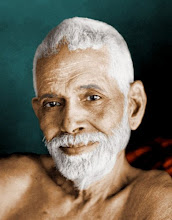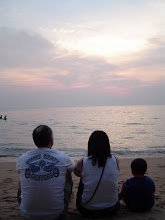I recently discovered a message board run by someone who seems very interested in God and religion as a path to God. This person has posted some intelligent notes on his perspective and graciously allowed me to post responses to what he and others on the board have said.
In one of his first messages, he compares religions to cuisines and argues that just as we would no more claim that one cuisine is the only cuisine worth enjoying or that because there are so many different cuisines in the world, we shouldn’t enjoy any of them, neither should we claim that only one religion is true and the rest should be condemned or that because there are so many different religions, we shouldn’t embrace any of them. On the other hand, he takes issue with those who argue that we shouldn’t mix cuisines or the elements of different religions “cafeteria” style so long as the “plate” we come up with is wholesome and nourishing. With some reservations, I agree with what he wrote, and this is how I replied:
I believe that it IS legitimate to doubt any religion that explicitly claims to embrace the one true God who has revealed Himself through the one true sacred text in a world filled with many different notions of God revealed through many different sacred texts. The monotheistic religions seem especially guilty of this, and they compound their guilt by threatening with eternal torment those who don’t accept their “truth” as THE truth.
Nevertheless, some scholars of comparative religion have argued that there is a “perennial philosophy” of shared core beliefs that can be found in all the great religions traditions, and I am drawn to the idea of using these common beliefs or principles as the foundation of my own spiritual path. For it seems to me that those principles on which all of the world’s religions agree are more likely to be true than are those on which they differ. Ken Wilber has identified the following as the seven principles essential to most if not all of the world’s great religions:
1. Spirit, by whatever name, exists.
2. Spirit, although existing “out there,” is found “in here,” or revealed within to the open heart and mind.
3. Most of us don’t realize this Spirit within, however, because we are living in a world of sin, separation, or duality—that is, we are living in a fallen, illusory, or fragmented state.
4. There is a way out of this fallen state (of sin or illusion or disharmony), there is a Path to our liberation.
5. If we follow this Path to its conclusion, the result is a Rebirth or Enlightenment, a direct experience of Spirit within and without, a Supreme Liberation, which
6. marks the end of sin and suffering, and
7. manifests in social action of mercy and compassion on behalf of all sentient beings.
What I am striving to do is construct and follow a spiritual or integral path that encompasses these principles. Thus, I will probably never subscribe to any formal religion, but I WILL try to borrow intelligently from all of the great religions those elements of theory and practice that can be compatibly combined with essential elements of science, philosophy, and other disciplines to yield an approach that works for me. This may not be the best way for everyone to proceed, but it may well be the ONLY way that will work for some of us.


